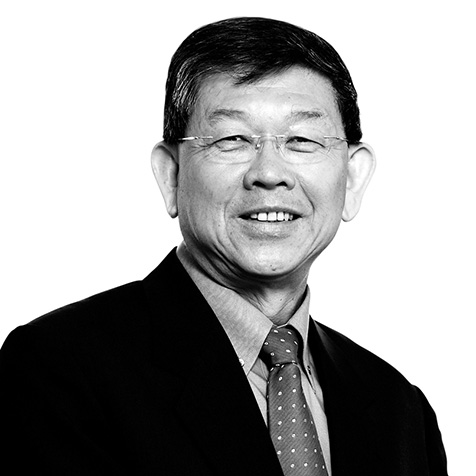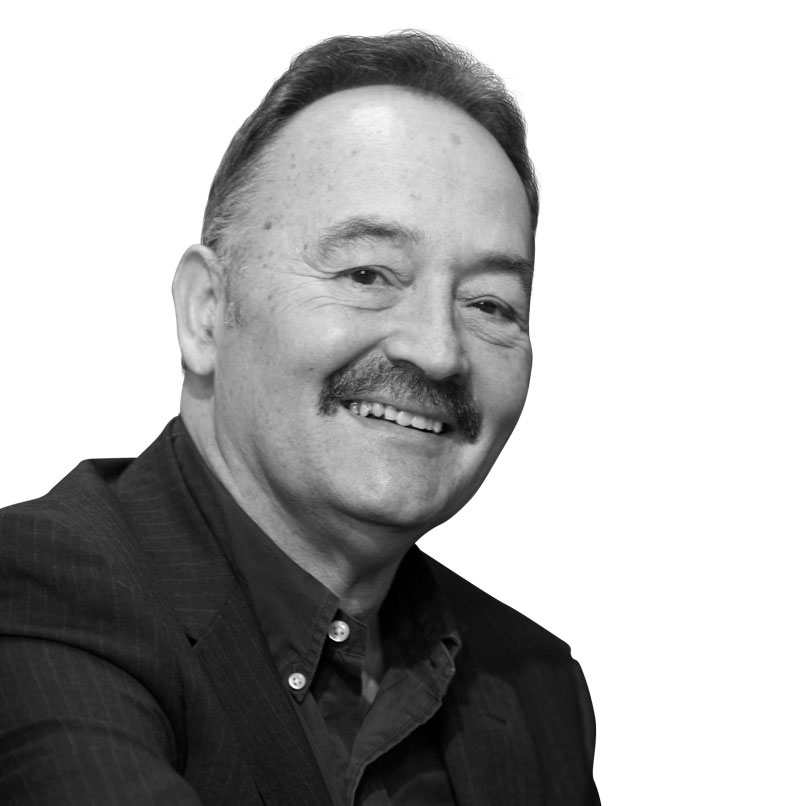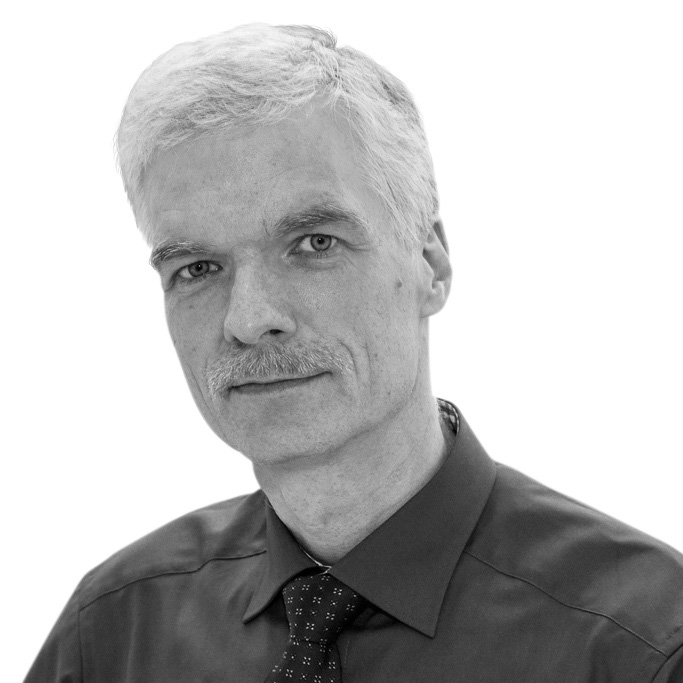Loading component...
At a glance
Professor Lee Sing Kong
Managing director of Singapore’s National Institute of Education International and vice-president at Nanyang Technological University

You cannot teleport an educational model from one country to another in totality because the context, culture and environment will be different. But there are lessons that can be learned from Singapore’s education system that can be contextualised and adapted in new localities.
The first is that Singapore’s education system has a very clear end goal in mind. It constantly scans the environment for changes, particularly around job skills and requirements. This serves as a compass to help us chart the educational journey for our students.
The second is that no matter what changes are taking place in the world, the students of the future must be grounded in the foundations of science, numeracy and literacy. We never allow our curriculum to become over-bloated because this would occupy too much of a teacher’s time and would compromise creative or innovative methodologies.
"The students of the future must be grounded in the foundations of science, numeracy and literacy."
The third is that the Ministry of Education invested very heavily in developing a good quality teaching force and a good team of school leaders. Their resource allocation and policy choices make teaching a very well respected profession that contributes to nation building.
Finally, there is a strong alignment of policies, practices and teacher preparation. When these are aligned, you get very strong impact.
I should also say that Singapore’s ability to achieve its education results through these four pillars is made somewhat easier because of our compact geographical size.
Professor Bob Lingard
Professorial research fellow in the School of Education at The University of Queensland

Singapore was the top performer on the OECD’s PISA 2015, the results of which were reported in December 2016. I say others can learn from Singapore rather than borrow because this acknowledges that all schooling systems are situated within particular societies with specific histories and cultures.
Nonetheless, there are many things Australian schools – particularly schooling systems – can learn from Singapore. Since Singapore’s independence, schools have played a central role in creating and cohering the nation. Singapore has no natural resources, only its people – its human capital. Schools and universities have always been a high priority.
"Australia needs to value schooling more and fund it better... We also need to give greater priority to maths and science and respect teachers more."
There is a strong emphasis on the value of education, working hard and having respect for teachers. Maths and science have been granted the highest priority in Singapore schooling, from primary to secondary levels. The central ministry of education has very close and influential relationships with all schools. The ministry is also very aware of developments in other schooling systems across the globe.
Learning from Singapore, Australia needs to value schooling more and fund it better, especially targeting the disadvantaged. We also need to give greater priority to maths and science, rethink school/system relationships and value and respect teachers more.
Andreas Schleicher
OECD director for education and skills

Singapore’s transformation from a developing country is a story of political coherence and leadership, as well as alignment between educational policy and practice. It’s about setting ambitious standards in everything they do. It’s also about a culture of continuous improvement that benchmarks educational practices against the best in the world.
There are a number of things the world can learn from Singapore. Meritocracy is one of them. There are a wide range of educational and social policies in place to advance this goal, with early intervention and multiple pathways to education and careers.
Another lesson relates to leadership and competency. Singapore’s leaders have a bold long-term vision of the role of education in the economy. They function in a culture of continuous improvement, constantly assessing what is and isn’t working using both data and practitioner experience from around the world.
"Singapore’s leaders have a bold long-term vision of the role of education in the economy."
There are also clear goals, rigorous standards and high-stakes exams. Serious attention to curriculum development has produced strong programs in maths, science, technical education and languages. They also ensure teachers are well trained.
There is also coherence in Singapore. Whenever a policy is developed or changed, there is enormous attention to the details of implementation – from the Ministry of Education, to the National Institute of Education, cluster superintendents, principals and teachers. The result is a remarkable faithfulness in implementing policy.
The experts
Professor Lee Sing Kong
In addition to his role with National Institute of Education International (NIE) and Nanyang Technological University, Professor Lee Sing Kong is director of the Centre for Research and Development in Learning. After a career in the civil service, Lee joined NIE in 1991 and was appointed director in 2006.
Professor Bob Lingard
As well as his role at The University of Queensland, Professor Bob Lingard is a fellow of the Academy of Social Sciences in Australia. He has also been a professor at the University of Edinburgh, where he held the Andrew Bell Chair of Education. He has authored or edited 18 books, including Globalizing Education Policy and Changing Schools.
Andreas Schleicher
Andreas Schleicher is the OECD’s director for education and skills, as well as a special adviser on education policy to the secretary-general at the OECD in Paris. Before joining the OECD, Schleicher was director for analysis at the International Association for Educational Achievement. He studied physics in Germany and received a degree in mathematics and statistics in Australia.

